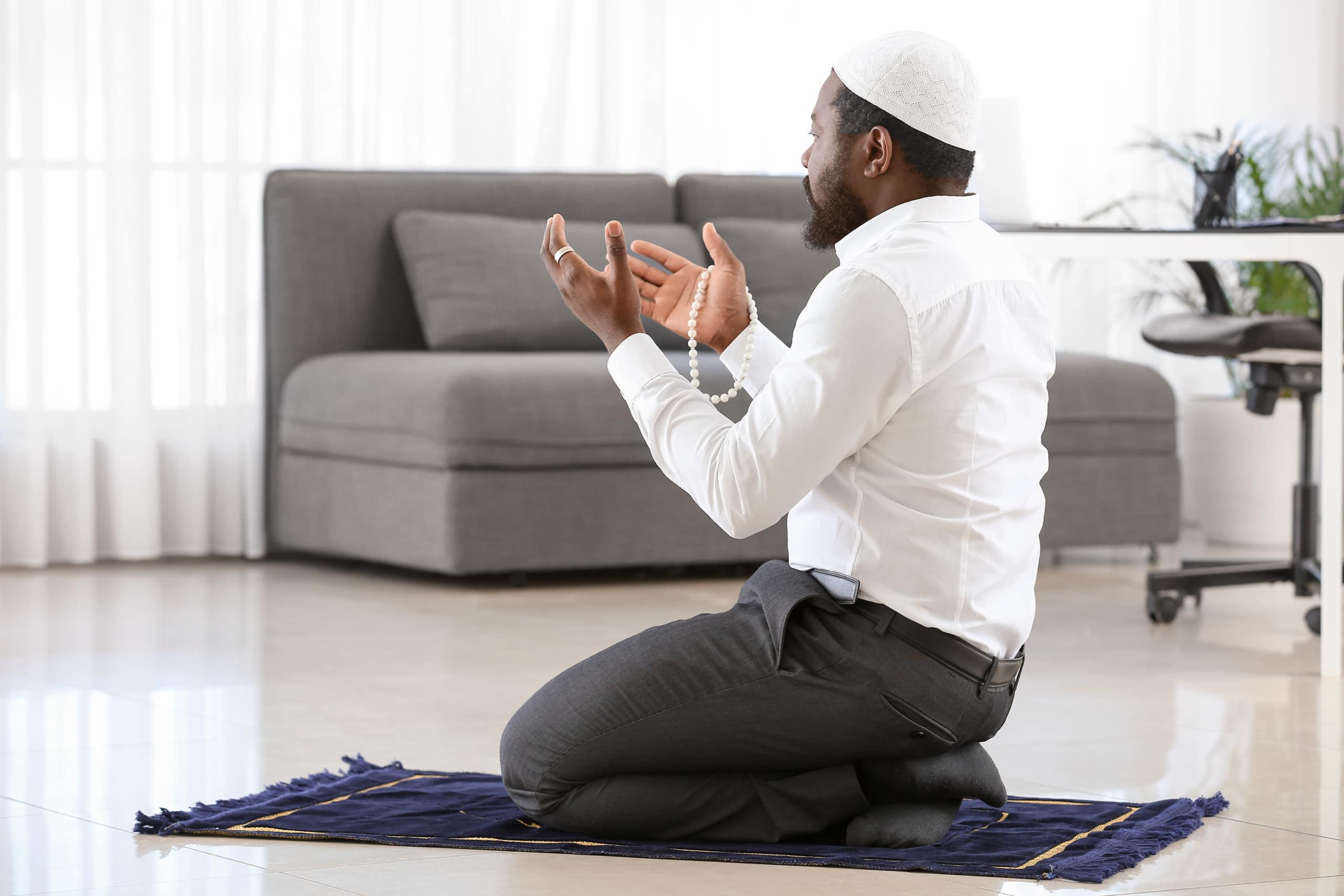Are MSA Skits Allowed?
Answered by Shaykh Faraz A. Khan
Question: What is the ruling on MSA skits? Does it make a difference if the salah is included within the skit; the performer wouldn’t actually be praying, s/he would simply act like they’re praying and deliberately exaggerate a portion of it, e.g. looking around while in qiyam or stretching their legs to ensure his/her feet touch his/her neighbor’s feet? Similarly is it permissible to use a ritual as a gimmick, e.g. a slave performing wudu for a master, meant to be funny in a certain context?
Answer: Assalamu alaikum wa rahmatullah,
I pray this finds you in the best of health states. I apologize for the undue delay in answering your question.
In general, Islam recognizes and values the need for lawful entertainment and opportunities to relax in social atmospheres. MSA skits and the like can fulfill such purposes, provided that certain guidelines are met.
For example, there should be no excessive sarcasm or mocking of people or actions. Mocking is itself a vile trait, and moreover can open doors to reciprocal mocking from the ones being mocked, leading to mutual animosity.
Allah Most High states, “Let not some people deride others: perhaps they are better than them.” [49:11] Muslims should never mock the way other Muslims pray, regardless of whether the latter’s way of praying is correct or not. Ways of praying are based on earnest attempts at following the Noble Sunna, and stem not but out of love of obedience and emulation of the Holy Prophet (peace and blessings be upon him).
Allah Most High also states, “Curse not those whom they call upon besides Allah, lest they blaspheme and curse Allah out of ignorance.” [6:108] This principle — of refraining from something disrespectful lest it lead to retaliation of disrespect — can certainly be applied to mockery.
In addition, there should be some benefit, lesson, or wisdom that is derived from skit, lest it merely be a waste of time and energy.
The Prophet (peace and blessings be upon him) said, “There are two blessings in which most people are cheated: health and free time.” [Bukhari]
Ideally, the persons involved in making such skits should consult scholars with the particulars of their skits, to ensure the Islamic code of morals and ethics is upheld.
And Allah knows best.
wassalam
Faraz
Checked & Approved by Faraz Rabbani
